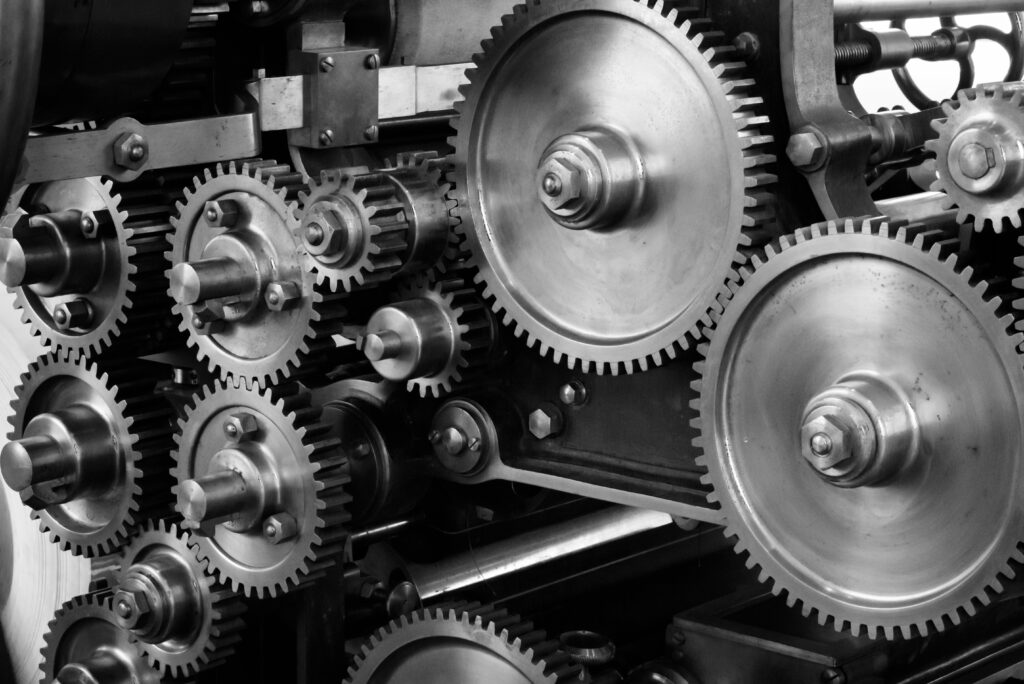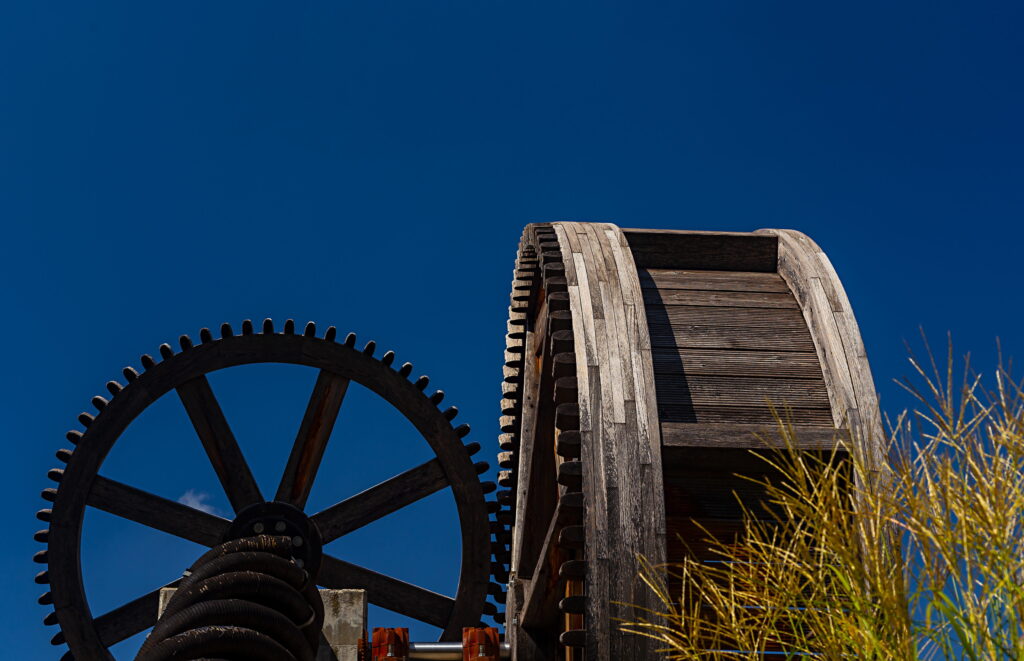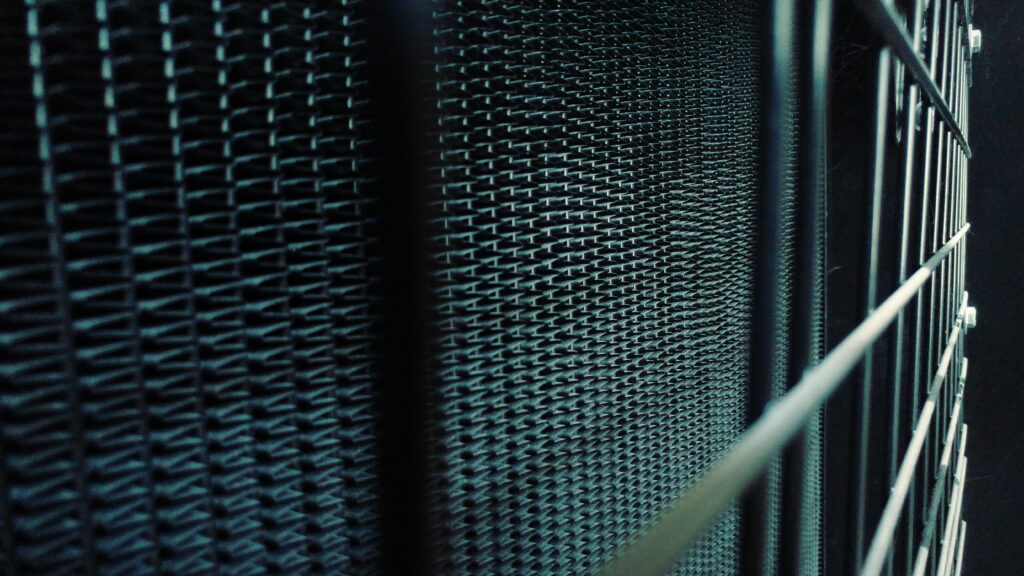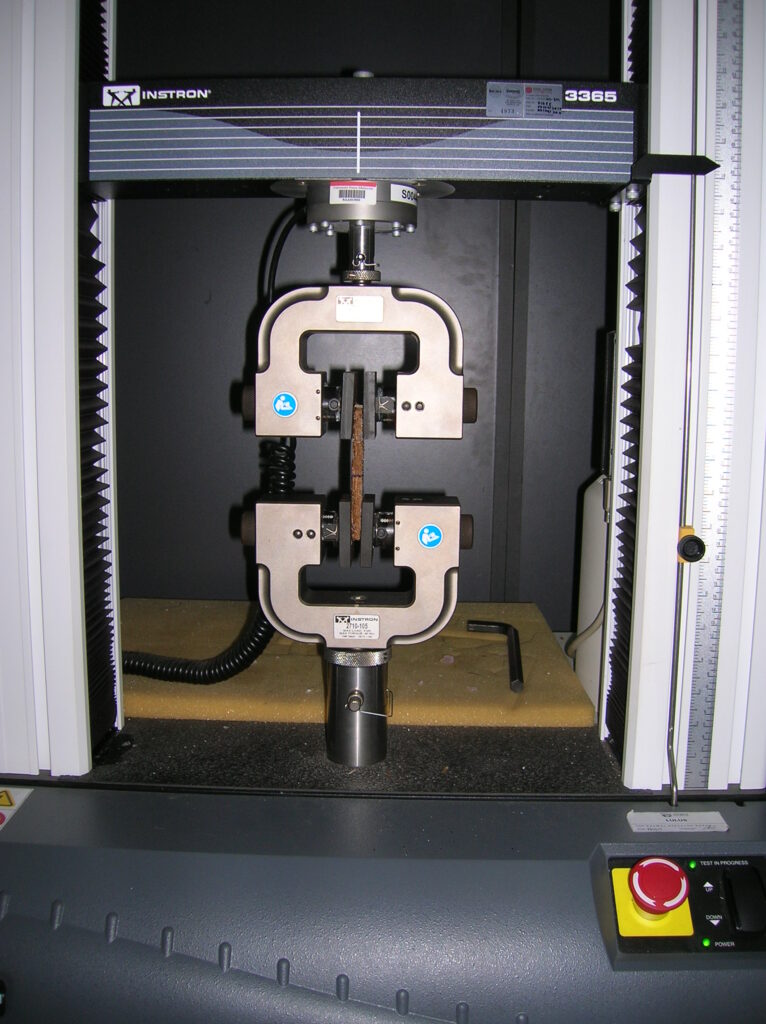
Mechanical Engineering
What is Mechanical Engineering?
Put simply, it is the appliance of science regarding physical machines or mechanisms.
A Mechanical Engineer may work in Product Design and Development on the mechanical, thermal or fluidic aspects of a design, consider static and dynamic forces, materials, variation, change and control.

Origins
Wheels, pumps, and levers used to build pyramids and other structures could all be viewed as early examples of mechanical engineering.

Science and Industry
Mathematic and scientific ideas percolated from Ancient Greece, the Roman and Islamic worlds, and distant lands, west into Europe.
The Scientific Revolution, saw rationality and reason applied through empirical testing and the scientific method.
The industrial revolution saw products that had been hand made one at a time by skilled crafts people, replaced by machines capable of producing endless perceivably identical items.
Water wheels, and then steam engines powered these machines.

The Age of Steam
The Institute of Mechanical Engineers was established by George Stevenson in 1847 after being refused admission to the Institute of Civil Engineers.
As Stevenson was an early pioneer in Steam locomotion, much of what was relevant in that discipline then, still defines what a mechanical engineer is today.

Engineering knowledge
Vast amounts of information were collected empirically, that aided the development of these engines and while this might seem outdated or old technology, steam turbines are still used today for their rugged simplicity and ability to convert huge amounts of energy.
This knowledge can be used to control heat and humidity, and translates from steam to other fluids, it can be used to engineer refrigeration cycles, heat pumps, and other engines.

Appliance of Science
Classical physics is the closest scientific discipline to mechanical engineering which is used to understand the effect of forces, mechanical advantage, and material stress and strain. This can be used to design efficient and light weight parts that will not fail within their known design limits.

Taking Control
Mechanical engineering also reaches into realms of process control, designing with the understanding of variation and change in mind. As mentioned above, parts made by machine may be perceivably identical, but that might not be enough, they may be different if made by different machines, by different machine operators, if there is a change of material or change of weather. They may become different if they are used once in someone’s home, or every day in an outdoor environment.
Understanding the product design requirements and process capability is essential for designing low cost repeatable and robust parts.

Mechanical Engineering in Product Design
Most physical products require some mechanical engineering, purely structural products, or mechanisms almost entirely.
Please contact us for Mechanical Engineering Services

